Sudan’s ongoing conflict, now in its second year, has raised alarming comparisons to the civil war in Libya, which has left the country divided under two rival governments for over a decade. Security experts fear that Sudan could be following a similar path, as efforts to broker peace between the Sudan Armed Forces (SAF) and the paramilitary Rapid Support Forces (RSF) continue to falter. The inability to enforce a lasting ceasefire is a troubling signal that Sudan’s war may become more protracted than initially expected.
This week, Tom Perriello, the US Special Envoy to Sudan, visited Kenya and Ethiopia—key members of the Intergovernmental Authority on Development (IGAD)—to discuss the regional body’s attempts to mediate in Sudan. Despite initial optimism, IGAD’s peace efforts have failed to stop the fighting. Speaking in Nairobi, Perriello acknowledged some progress, especially in allowing humanitarian access. “We are relieved by the significant, if gradual, improvement in humanitarian access,” he said, noting that several hundred aid trucks had been allowed into previously inaccessible areas.
However, the humanitarian situation remains dire. The World Food Programme (WFP) estimates that 26 million people in Sudan are facing food insecurity, with a famine declared in the Zamzam camp in Darfur. Since the conflict erupted in April 2023, over 10 million people have been displaced, both internally and across borders, and tens of thousands have lost their lives. The war was a key topic at last week’s United Nations General Assembly, as international leaders grappled with how to resolve the crisis.
Perriello expressed frustration over the escalating violence, warning that “those who are best placed to stop the war seem intent on accelerating it.” The conflict began when SAF leader Gen. Abdel Fattah al-Burhan and RSF commander Mohamed Hamdan Dagalo, known as Hemedti, fell out after years of cooperation. What started as a dispute over power-sharing has now devolved into a full-scale war, with each faction controlling vast swaths of Sudanese territory and aligning themselves with various militia groups.
Some analysts warn that Sudan is inching closer to the same fate as Libya, where rival governments and militias have torn the country apart. Libya’s internationally recognized Government of National Unity (GNU) controls the western region, while the eastern part is ruled by the House of Representatives, backed by Khalifa Haftar’s Libyan National Army. The parallels between Sudan and Libya are striking, especially with reports of external actors influencing both conflicts. The United Arab Emirates (UAE), which has been accused of supplying arms to Hemedti and the RSF, plays a significant role in the geopolitical dynamics of both countries.
Efforts to mediate the Sudanese conflict have been hampered by external influences. Libya recently invited representatives of Burhan and Hemedti for indirect talks, but no agreement was reached. Meanwhile, the US has elevated its defense partnership with the UAE, despite concerns over the latter’s involvement in arming the RSF. Perriello addressed these contradictions, stating, “It is possible to have a close partnership and still disagree on specific issues.”
The US has made several attempts to mediate between the SAF and RSF, but these have largely been unsuccessful. The Jeddah Declaration, announced in May 2023 to protect civilians, failed to stem the violence, and recent negotiations in Geneva and Cairo collapsed due to the absence of the SAF.
As Sudan’s war rages on, the prospect of a peaceful resolution appears increasingly distant. Western envoys are returning to the region to seek new approaches, but the situation remains volatile. For now, Sudan faces a grim future—one that could mirror Libya’s enduring instability if peace efforts continue to falter.





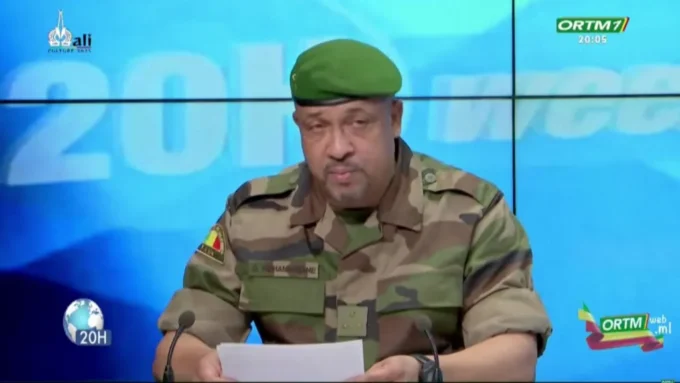
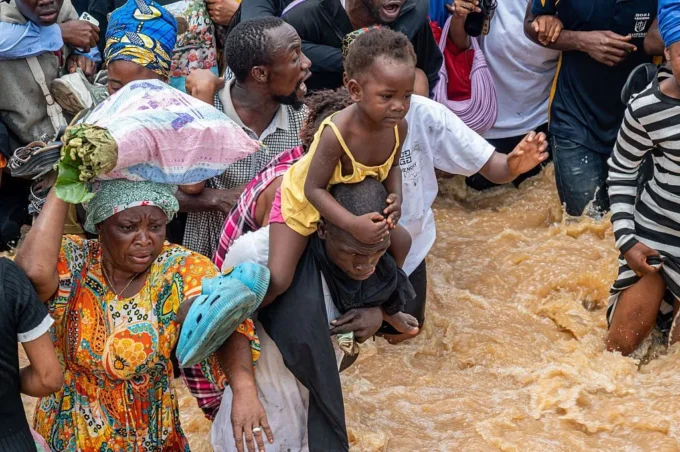

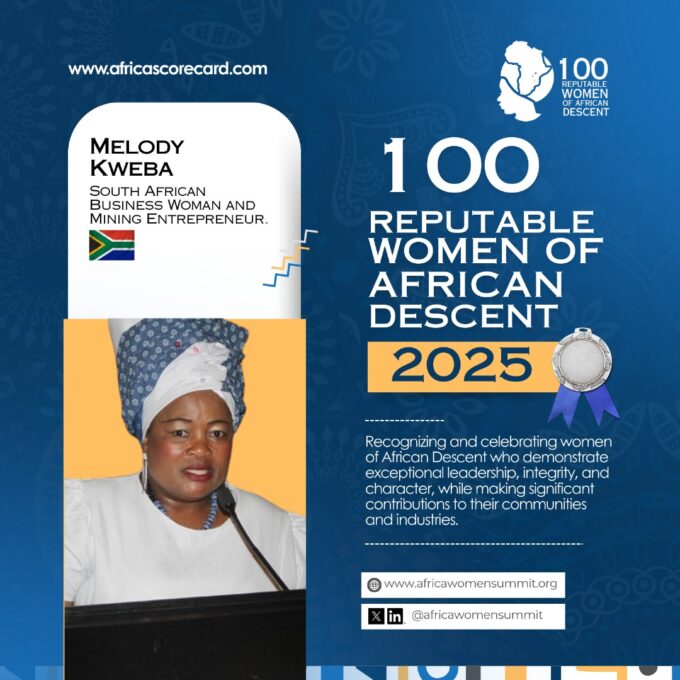
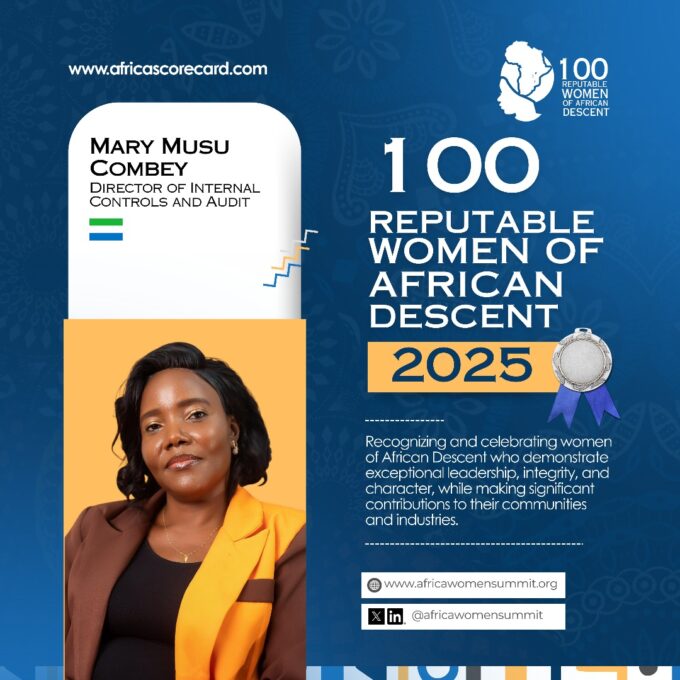
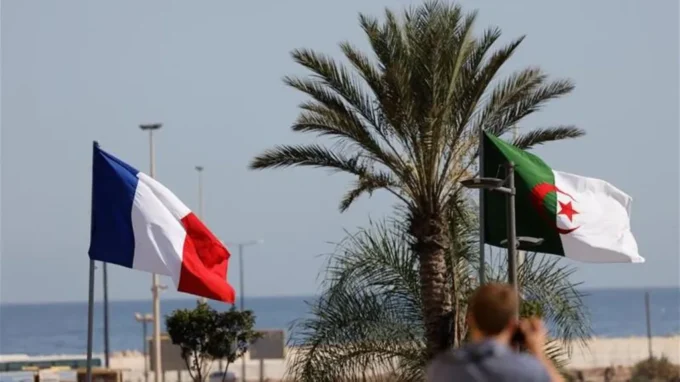



Leave a comment